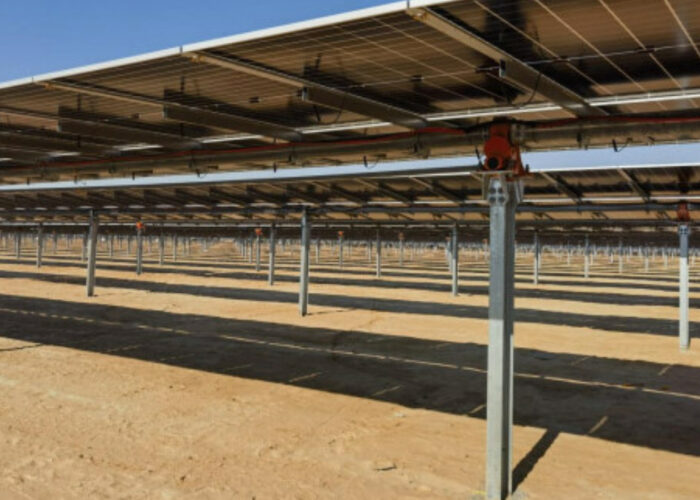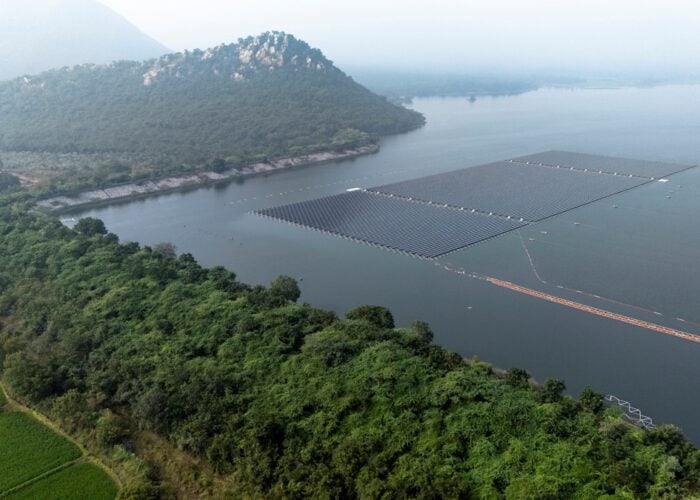A 30-year Power Purchasing Agreement (PPA) has been offered by Uruguay’s state utility to Netherlands-based solar developer Fotowatio Renewable Ventures, following a tender process which opened on 27 May this year.
Fotowatio RV will build a 50MW solar park in Salto, northern Uruguay, to supply the power. Once permits are secured and the solar plant has been built, Administracion Nacional de Usinas y Transmisiones Electricas will buy electricity from Fotowatio RV at a price of $91.50 per MWh, which is among the lowest rates in solar power globally, according to Bloomberg New Energy Finance.
Try Premium for just $1
- Full premium access for the first month at only $1
- Converts to an annual rate after 30 days unless cancelled
- Cancel anytime during the trial period
Premium Benefits
- Expert industry analysis and interviews
- Digital access to PV Tech Power journal
- Exclusive event discounts
Or get the full Premium subscription right away
Or continue reading this article for free
Around US$400 million will be invested in the solar project as Uruguay seeks to meet high targets set for renewable energy capacity, including increasing solar power capacity to 200MW by the end of 2015. Denham Capital Management, the US investment fund that bought a majority stake in Fotowatio in March 2012, has pledged to invest around $190 million in solar projects around the world.
The government of Uruguay, led by Jose Mujicas, a popular figure known as 'the world's poorest president' for donating 90% of his annual salary to charitable causes, announced at the beginning of 2013 that Uruguay's target was to produce 90% of all energy consumed from renewable energy sources by 2015. The nation already has a hydroelectric power capacity of 1,500MW, meeting around 45% of total energy needs, biomass power generation capacity at about 500MW – around 15%. This followed a government declaration in late 2011 that it could bring wind power capacity to 1000MW by the end of 2015, covering around 30% of the target.
In May 2013 however, the decision was also made by the government’s executive branch to free up regulation of solar panel production and to open the PPA tender process, with a second phase of the tender opened earlier this month. This was done with a view to installing as much as 200MW of solar electricity projects.






